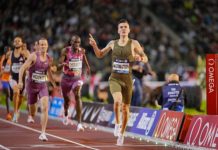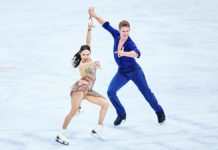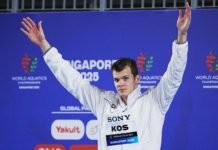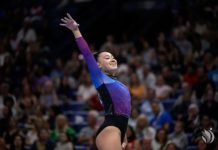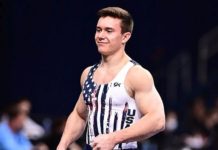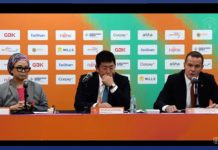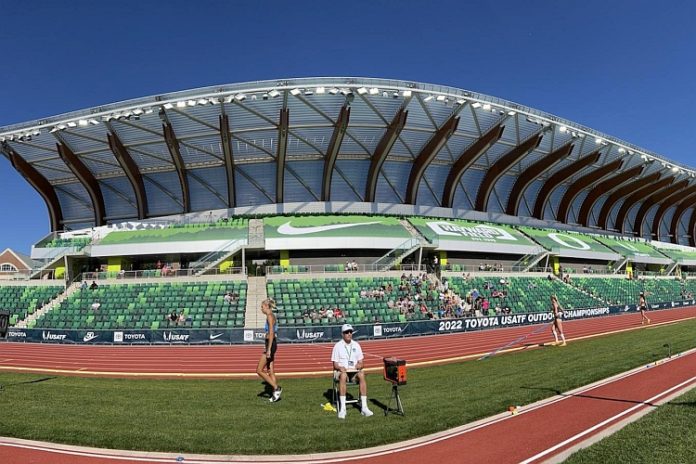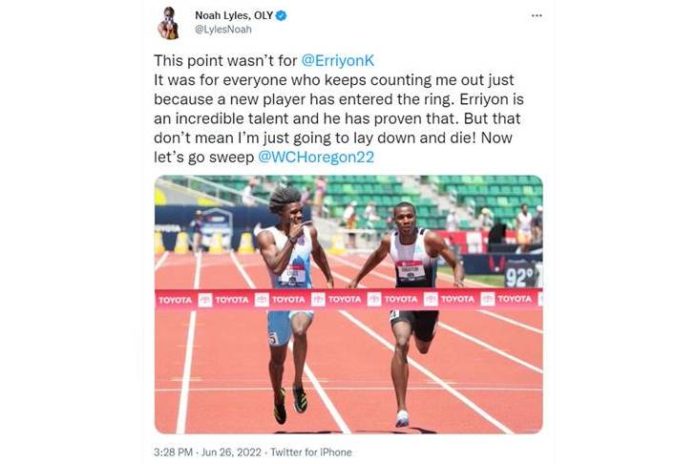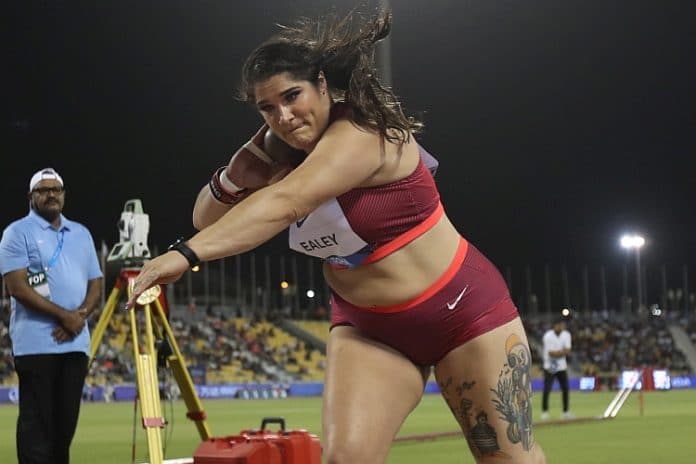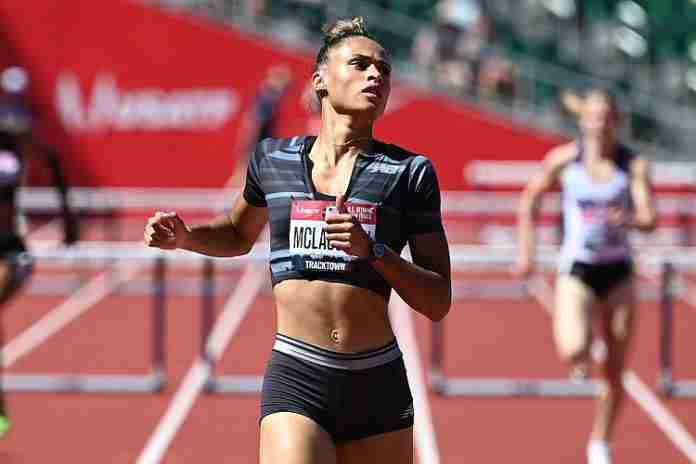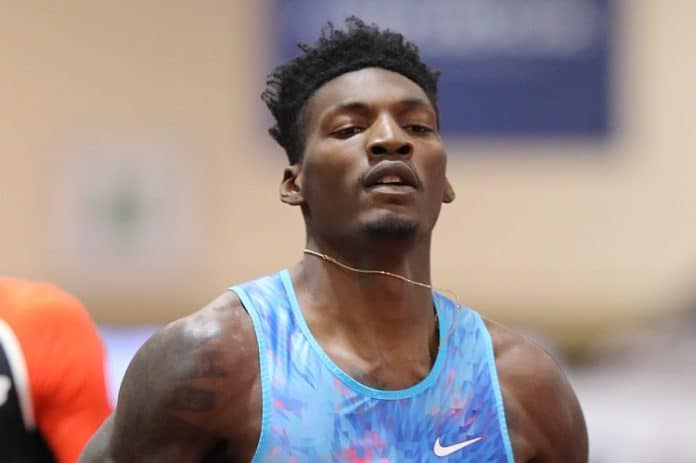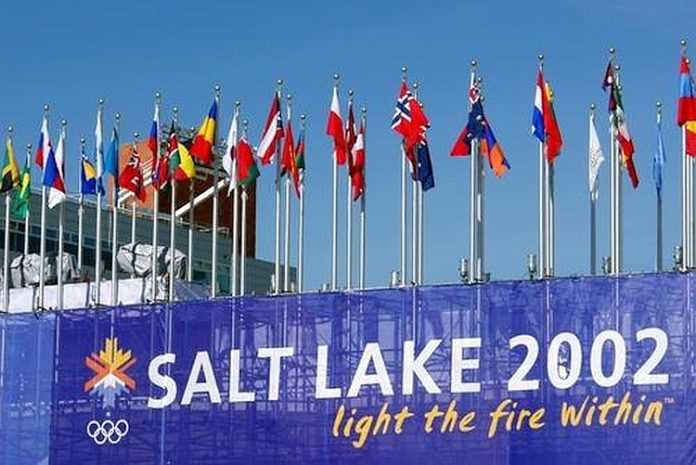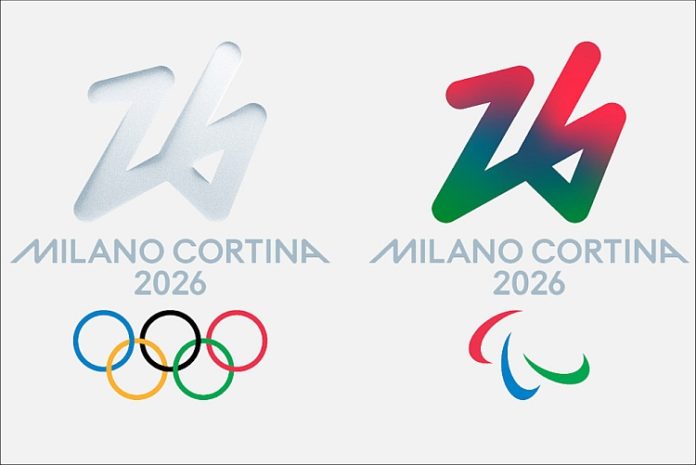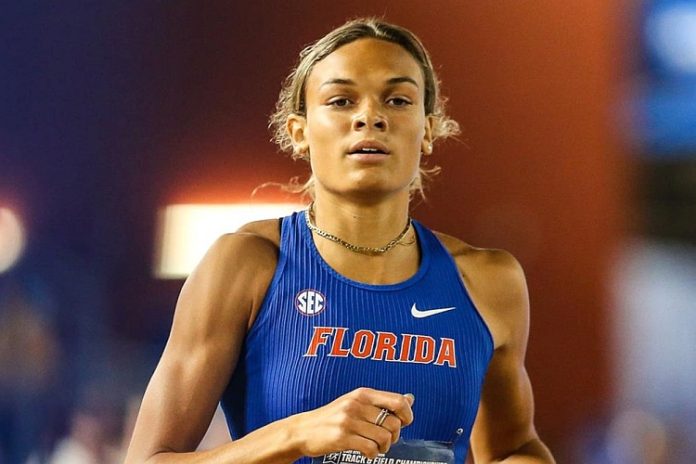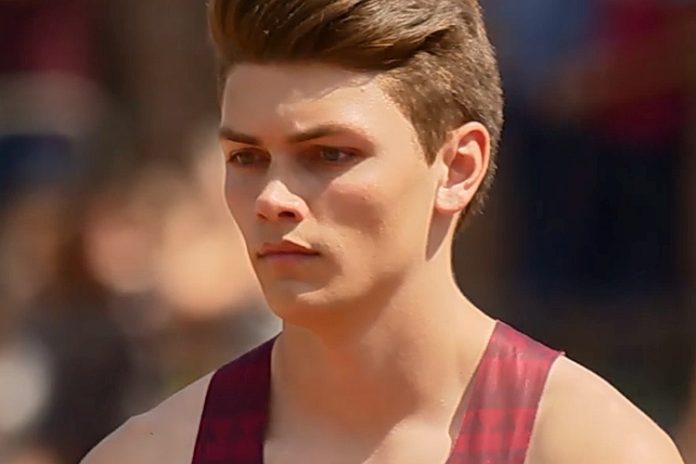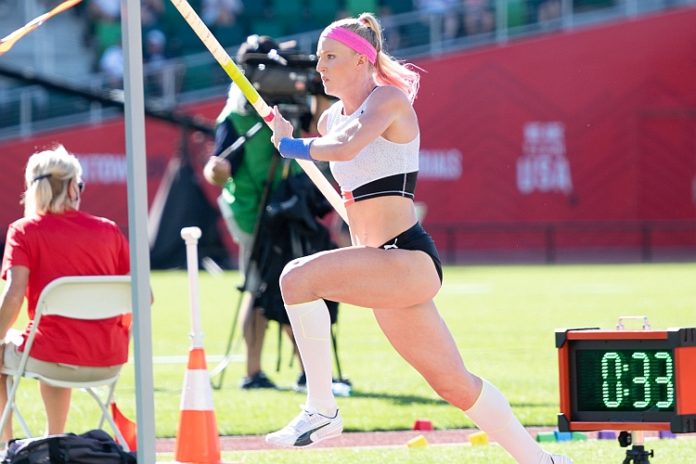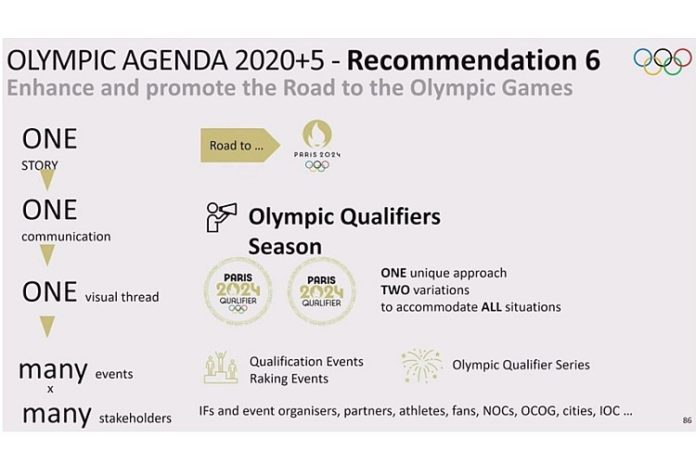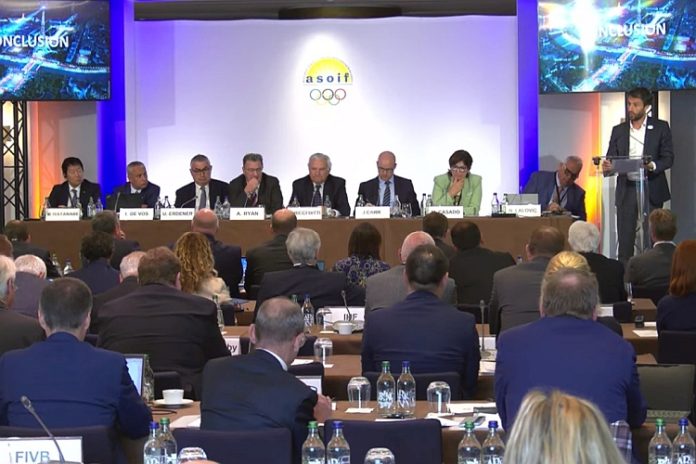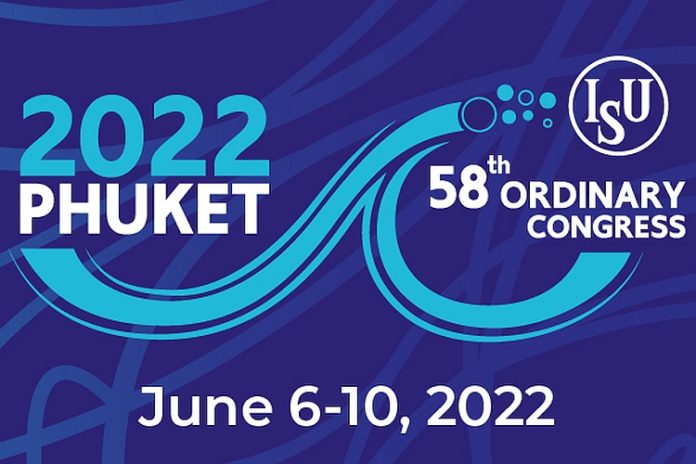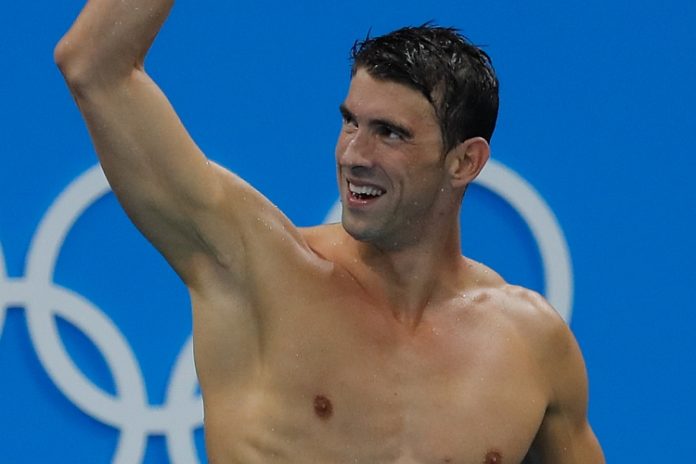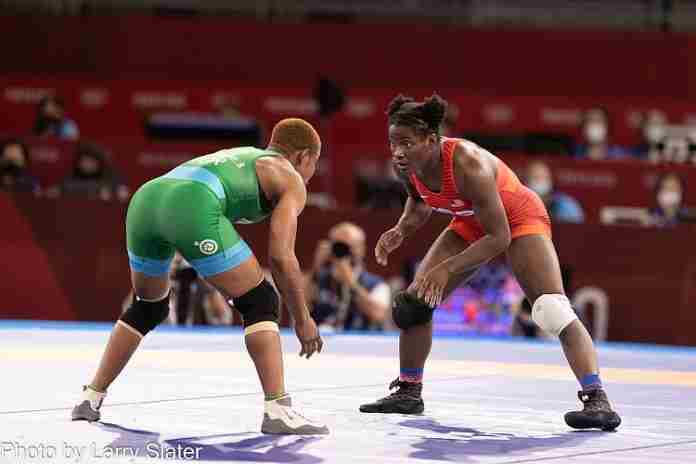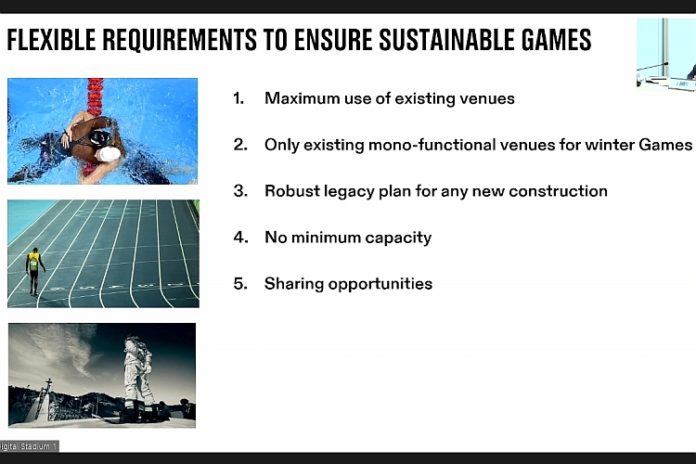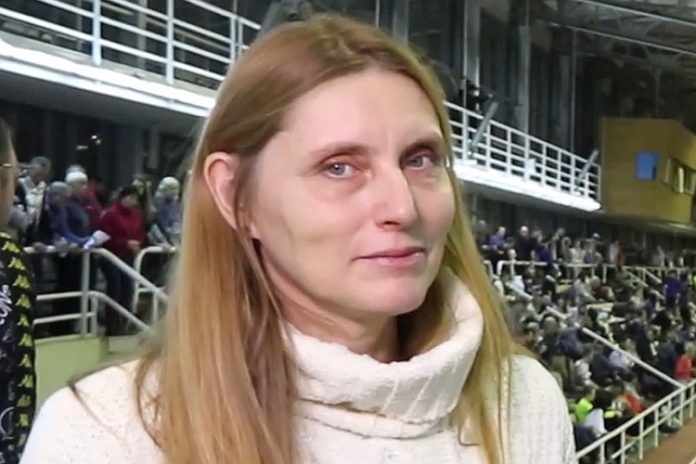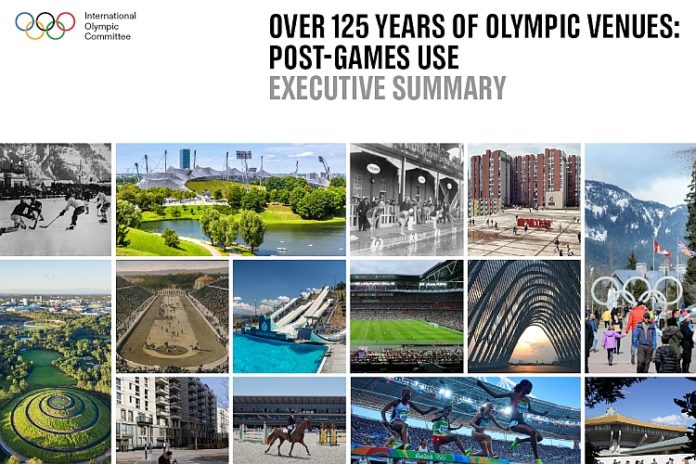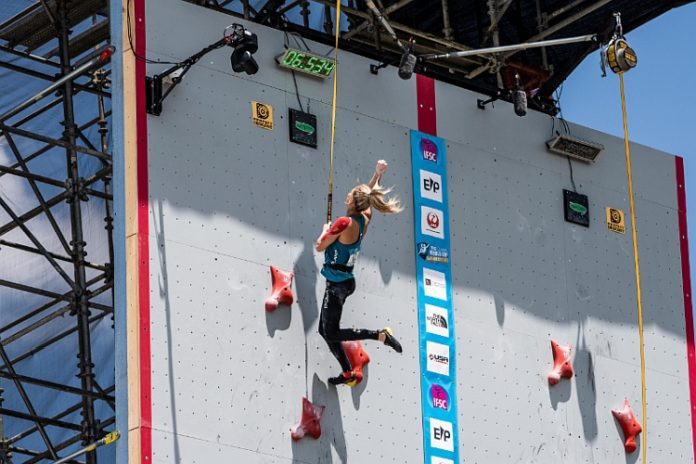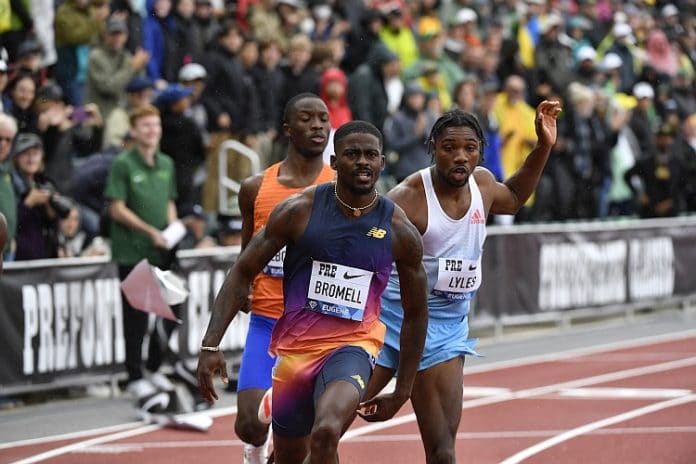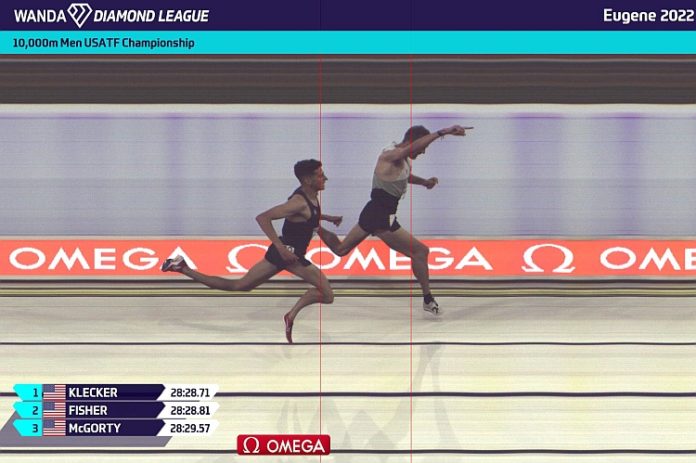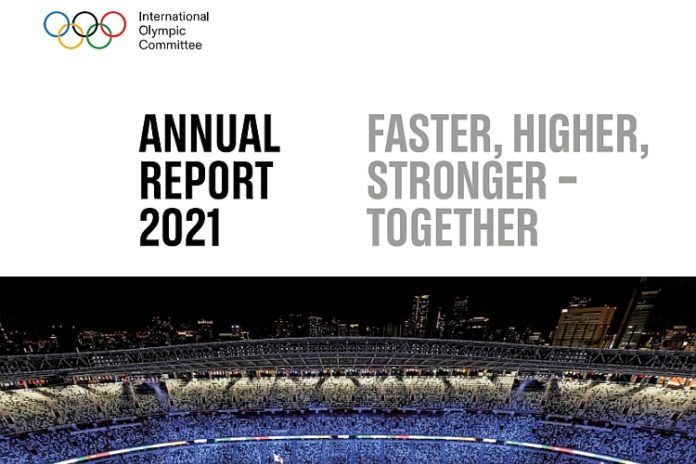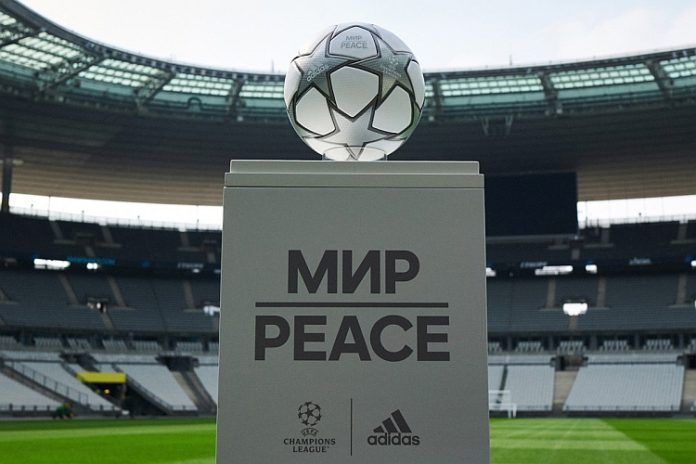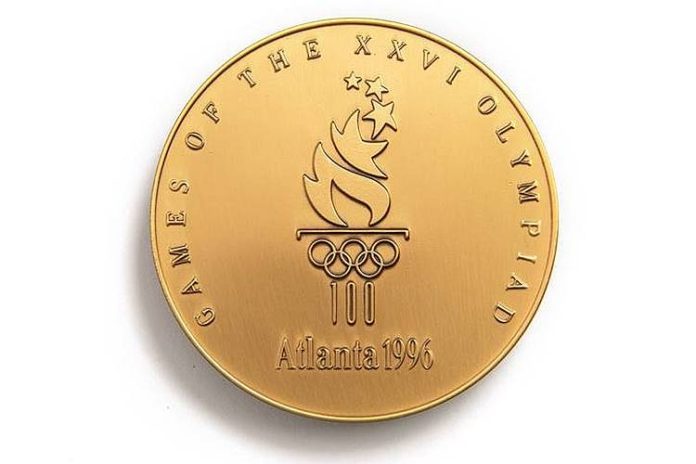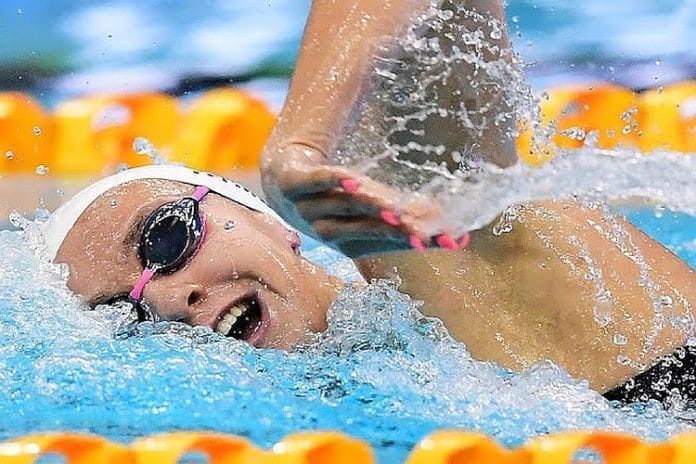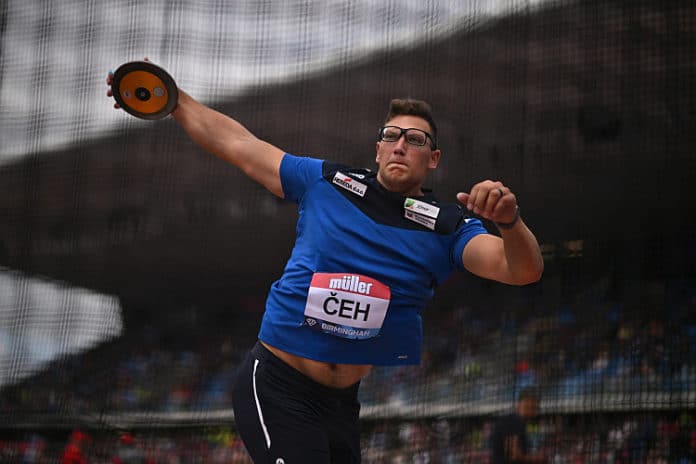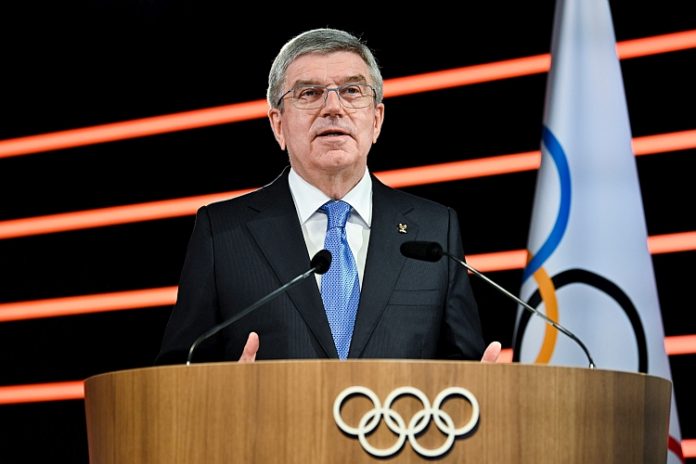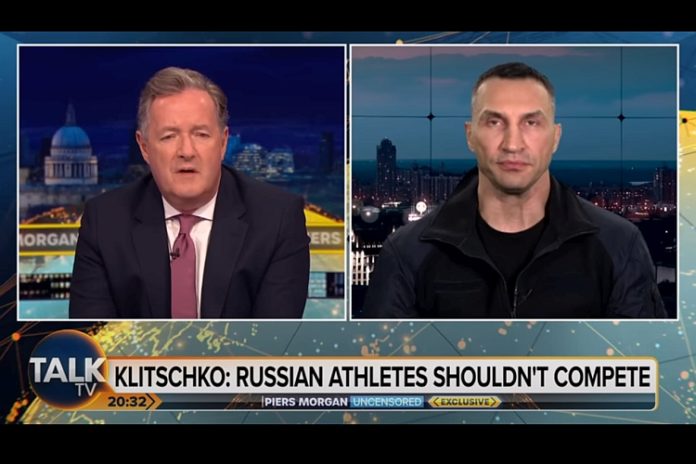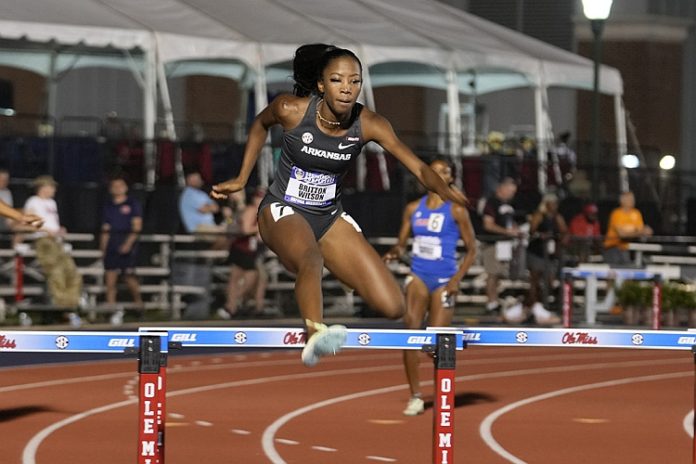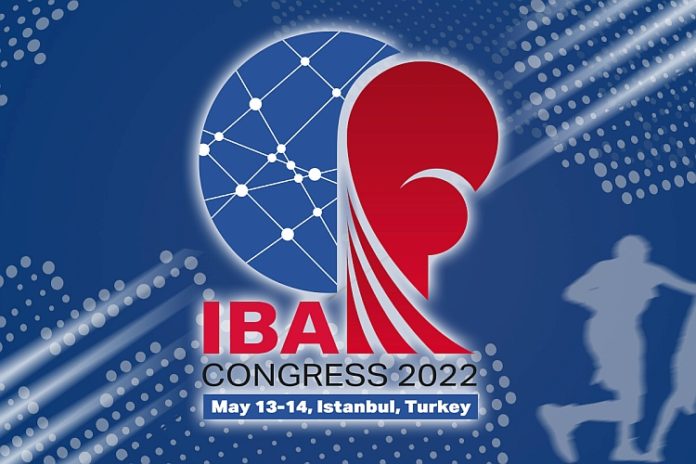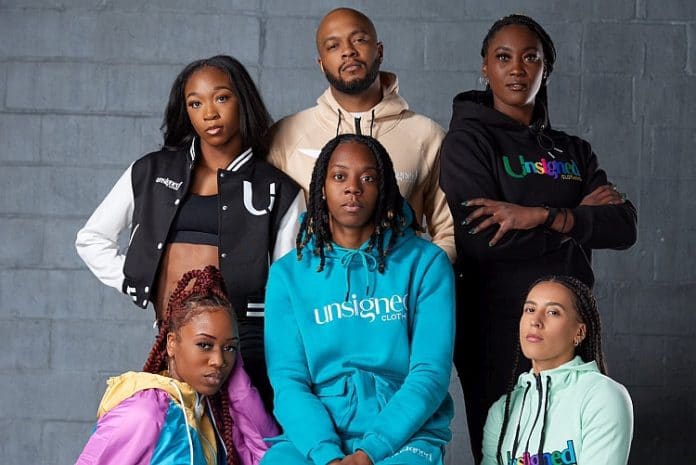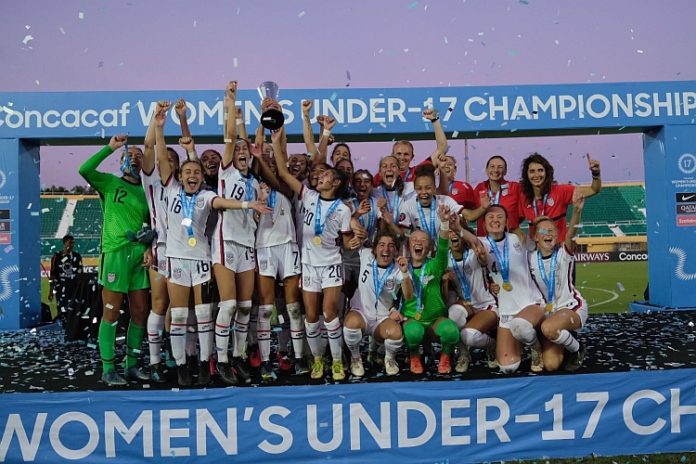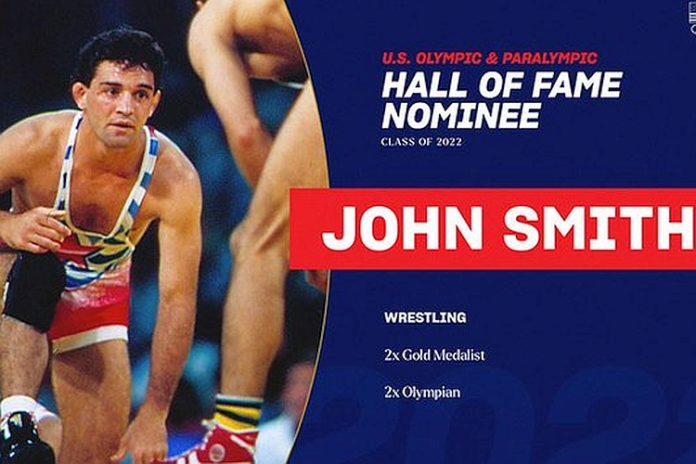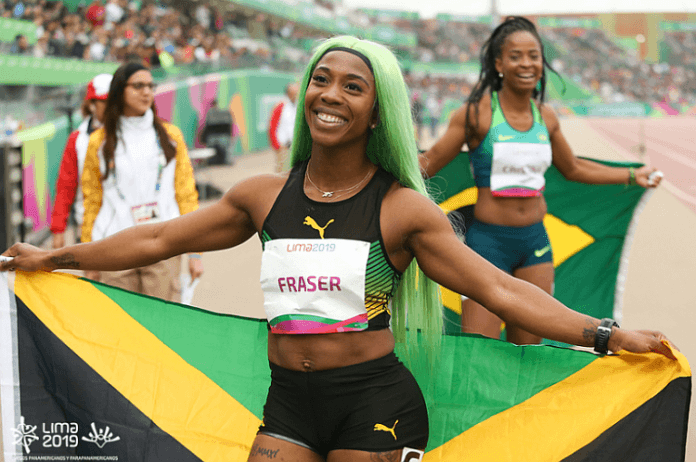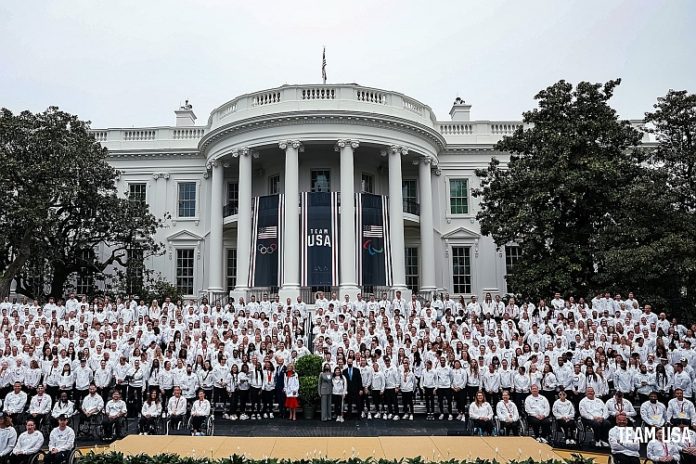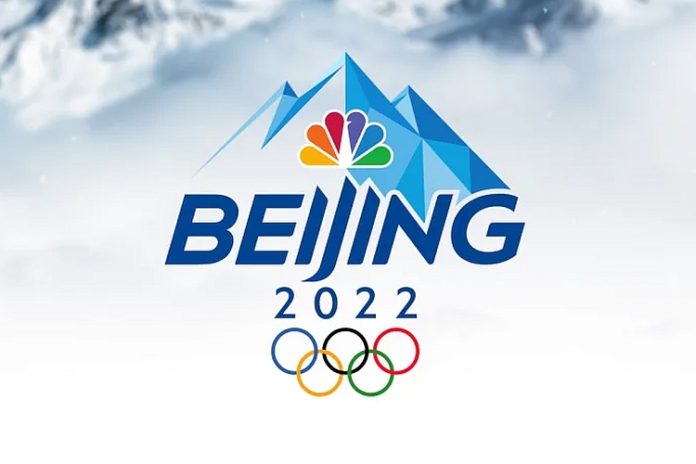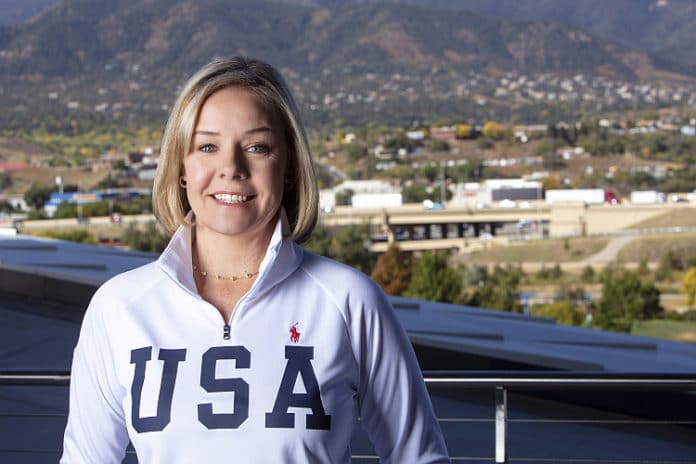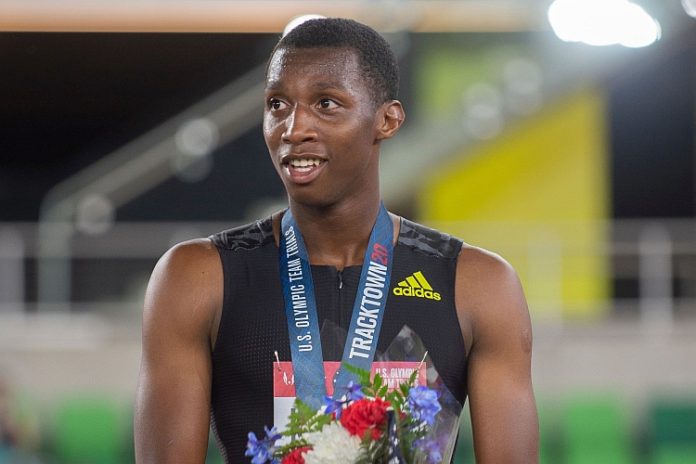★ The Sports Examiner: Surveying, monitoring and explaining the key competitive, economic and political forces shaping elite sport and the Olympic Movement. This site is free to view, with donations gratefully accepted to help support our operating costs. Comments are welcome here. Sign up to receive our reports by e-mail here. ★
≡ THE 5-RING CIRCUS ≡
1. China passes law allowing sanctions against perceived insults in sports
2. “We have absolutely no understanding of today’s decision by the IOC.”
3. Archery makes smart ask for Compound for LA28
4. Weightlifting requires a re-do on Secretary-General election?
5. Pole vault record watch for Duplantis in Stockholm?
Stuff is happening in China, as a new law was passed to provide for sanctions in case any outsider undermines its “dignity” in sport; there are long-arm implications to this. Shock from the International Ski Federation on Nordic Combined being placed on a death watch for the post-2026 Winter Games. World Archery, alternatively, is making an attractive proposal to expand its program for LA28. The Stockholm Diamond League will feature vault world-record holder Mondo Duplantis today, and U.S. volleyball star Jordyn Poulter got her stolen gold medal back.
1.
China passes law allowing sanctions
against perceived insults in sports
China’s brutal zero-Covid strategy may be spreading to sports via a new law adopted last Friday by the Standing Committee of the National People’s Congress.
The measure, according to the official Xinhua News Agency, allows “the country to take countermeasures to actions deemed to have undermined its dignity and interests in international sports events.”
What those actions might be are undefined, but apply “if any country, region or organization undermines the nation’s sovereignty, security, development interests or dignity in international sports events.” The new statute will become action on 1 January 2023.
Observed: This is an ominous development, with obvious parallels to the reaction to Russia’s invasion of Ukraine. Beyond any application to a potential invasion of Taiwan (Chinese Taipei in Olympic-speak), watch for new, coordinated action with other so-called “BRICS” countries – Brazil [Russia], India, China and South Africa – which have refrained from criticizing the Russian aggression.
Russian President Vladimir Putin addressed the online BRICS summit last week, and the Summit Declaration noted:
“We commend the progress in sports exchanges and the role it plays in the development of our athletes in a fair, inclusive and non-discriminatory fashion. We look forward to the successful holding of BRICS Sports Ministers Meeting in 2022.”
All part of a possible future alternate world order in sports? Yes, and bears close watching.
2.
“We have absolutely no understanding
of today’s decision by the IOC.”
The IOC’s knife is sharpening. One of the glaring issues for the International Olympic Committee in its drive for gender equity at the Olympic Winter Games has been the lack of a women’s division for the Nordic Combined. The combination of ski jumping and cross country has been part of the Winter Games program for men since the beginning, in 1924. But only for men.
The Federation Internationale de Ski got the message and introduced Nordic Combined for women, with the first World Championship in 2021. The federation expected that women’s Nordic Combined would be included in the 2026 Winter Games program for Milan Cortina.
Instead, the IOC Executive Board slapped the discipline in the face last Friday, not only passing on adding women, but challenging the place of Nordic Combined on the program altogether:
“The EB also discussed the status and challenges of Nordic Combined with regard to international representation, particularly outside Europe, at the last three editions of the Olympic Winter Games. This is demonstrated by the fact that, at the last three editions, the 27 medals available in Nordic Combined were won by athletes from only four NOCs. In addition, Nordic Combined had by far the lowest audience numbers during those Games.
“The decisive argument for keeping Nordic Combined on the Olympic programme for Milano Cortina 2026 was the situation of the male athletes, for whom the Olympic Games are only three-and-a-half years away and who have already been preparing for these Games for many years. This is not applicable for the women’s category as they have had only one World Championship to date, with the participation of athletes from only 10 National Federations. The inclusion of Nordic Combined in the Olympic Winter Games 2030 depends on a significant positive development, particularly with regard to participation and audience.”
In other words, if only a few countries compete and win medals, and no one watches, who cares?
The FIS responded with shock. Said Lasse Ottesen (NOR), the Race Director for Nordic Combined:
“It’s a sad day for Nordic Combined and the entire Nordic family. We have absolutely no understanding of today’s decision by the IOC.
“The development of the Nordic Combined women in recent years has been more than impressive, so that the next logical step would have been their participation in the OWG. The Executive Board’s lack of confidence in the further development of our discipline and the visible misjudgment of the achievements of our women is shocking. Especially since they are already part of the Olympic family through their participation in the Youth Olympic Games. We accept the decision with a heavy heart, but we are not giving up. FIS will now sit down together with the National Ski Associations to create a concept to convince the IOC of the value and attractiveness of our discipline.”
Observed: Although the FIS has serious work to do, the IOC is sending a very clear message to all federations: if no one cares about your sport – as reflected in the number of countries competing and winning medals, and the Olympic viewing audience – we don’t need you.
This is the message that was given to modern pentathlon: make your sport more relevant; it was dropped from the initial program list for the 2028 Games. Nordic Combined would have been dropped if this was 2021 and not 2022. Who else is on this list?
For the purposes of distributing shares of Olympic TV revenue, there are five tiers of international federations. Modern pentathlon is in the fifth tier, along with golf and tennis, which came back to the Games only in 2016. But on the fourth tier are Canoeing, Equestrian, Fencing, Handball, Hockey, Sailing, Taekwondo, Triathlon and Wrestling. Are any of these in danger?
3.
Archery makes smart ask for Compound for LA28
Over the last 30 years, one of the best-managed sports at the international level in archery. Once a sleepy sport which saw thousands of arrows shot without any discernible winner until all of the scores were tallied, it was changed under the stewardship of federation chief Jim Easton (USA) in the 1990s into a dramatic elimination-format event, with each match lasting a half-hour or less.
Building on this success, which saw archery move from the fourth tier in revenue distribution to the third, World Archery is proposing to add Compound Archery to the Los Angeles program for 2028.
Compound bows are complex instruments which use pulleys, cables and scopes and which demand different skills than those for the current (Recurve) format. But even more striking is the format being requested.
Instead of more days of shooting 70 m outdoor archery – as with Recurve – World Archery is proposing three days of indoor archery (!) at 18 m (59 feet), with a men’s, women’s and mixed team event.
This is already a wildly popular format in the U.S., notably at the annual Vegas Shoot, which drew 3,816 archers and 6,000 spectators in 2020 to the South Point Hotel & Casino in Las Vegas. The only facility requirements are a convention hall, and the L.A. area has plenty of those.
Inexpensive to stage. Easy to televise. Already popular, both in the U.S. and worldwide. Dramatic, elimination format. These are ingredients for a successful candidature for adding to the Olympic program in 2028. Compound may not make it, but the idea is well thought out.
4.
Weightlifting requires a re-do
on Secretary-General election?
You can’t make this up. The International Weightlifting Federation, already on the verge of being eliminated from the 2028 Olympic Games thanks to issues of doping, governance and mismanagement, elected new officers at a special Congress on 25-26 June.
But the winner of the Secretary General position, Peru’s Jose Quinones – who has been part of the IWF Executive Board for the past 10 years, while all of the shenanigans went on – pointed out that proper election procedures were not followed.
Instead of having the required majority vote for the position, the election was “decided” at 68-60-16 against Antonio Urso (ITA) and Ali Moradi (IRI). So the IWF announced:
“In the calculation of the final decision, it was found that the Electoral Commission inadvertently and by human error miscalculated the percentage required for an outright win.
“For complete transparency and to ensure the IWF Constitution is followed it has been determined by the Electoral Commission and the Electoral Manager to hold the second round of vote (online) between the top two candidates [Quinones and Urso] to determine the winner of the above mentioned position. As stipulated in the IWF Constitution, all formalities must be completed within 14 days of the Electoral Congress. Therefore, this second round of voting will take place online on Thursday 30 June 2022.”
Hardly a reassuring development for the IOC when considering whether to keep weightlifting on the program for 2028.
5.
Pole vault record watch for Duplantis in Stockholm?
Any time Mondo Duplantis, owner of the four highest vaults in history, is entered in a meet, he’s on world-record watch. But especially so in his “home stadium” in Stockholm (SWE), for the Wanda Diamond League Bauhaus Galan meet on Thursday.
The weather may not cooperate: 75 F temperatures are predicted, but with a 70% chance of rain. But he jumps well at the famed Olympic Stadium: his last three meets there have been victories at 6.00 m (19-8 1/4) in 2019, 6.01 m (19-8 1/2) in 2020 and 6.02 m (19-9) in 2021.
The meet also features home favorite and Olympic champ Daniel Stahl of Sweden in the discus. He’s the world leader with a mighty throw of 71.47 m (234-5) on 21 June, the no. 10 throw this century!
Also featured is Tokyo Olympic men’s 100 m champ Lamont Marcell Jacobs (ITA), returning from injury and world leaders in the men’s Javelin, Anderson Peters (GRN), and women’s world leaders Yaroslava Mahuchikh (UKR: high jump), Malaika Mihambo (GER: long jump) and American Chase Ealey (shot put).
≡ PANORAMA ≡
● Court of Arbitration for Sport ● Here’s something you don’t hear often: the new Court offices in Lausanne was completed under budget! The CHF 37.2 million project took three years to complete and came in more than 11% under the CHF 42.0 million allocation. The new facility will allow for more hearings to take place concurrently; about 250 hearings are now held annually.
● World University Games ● The 2021 World University Games in Chengdu (CHN) was postponed due to Covid-19, but will now be held from 28 July to 8 August 2023. Maybe. The International University Sports Federation will decide whether Russian and Belarusian athletes can compete in FISU events in 2023 in October.
● U.S. Olympic & Paralympic Committee ● Four annual awards were announced during the U.S. Olympic & Paralympic Assembly in Colorado Springs last week. The Rings of Gold awards for individuals was co-awarded to 1984 Olympic swimming triple gold medalist Rowdy Gaines and Paralympian Melissa Stockwell, the Rio 2016 Paratriathlon bronze medalist. The Rings of Gold award for a program honored Ready, Set, Gold!, the Los Angeles-based program which brings Olympians into schools to improve student attitudes and wellness, a legacy of the Los Angeles bid to be the U.S. candidate city for the 2016 Games. The Jack Kelly Fair Play Award went to speedskating star Brittany Bowe and the Olympic & Paralympic Torch Award to four-time canoeing Olympian Andy Toro.
● Aquatics ● At the FINA World Championships in Budapest, the Artistic Swimming program concluded with China winning four events, Italy two, Japan’s Yukiko Inui taking both the Solo Technical and Solo Free golds. The powerful Ukrainian team won two events and won five more silver medals. U.S. performer Anita Alvarez, who was pulled from the water at the end of her Solo Free final routine on the 22nd after fainting, skipped the rest of the program to recover. In diving, China is now 7-for-7 after winning the women’s 1 m Springboard (Yajie Li), the men’s 3 m Springboard (Zongyuan Wang) and the men’s 3 m and 10 m Synchro and Mixed 3 m and Team golds. American Sarah Bacon won a silver in the women’s 1 m Springboard. Open-water superstars Gregorio Paltrinieri (Italy) and Rio 2016 champ Sharon van Rouwendaal (NED) won the 10 km finals (American Katie Grimes was fifth). In water polo, Italy, Greece, Spain and Croatia advanced to the men’s semifinals, while the three-time defending World Champion U.S. women’s team advanced to the semis to face Italy, with Hungary and the Netherlands in the other semi. The championships will conclude this weekend.
● Football ● The U.S. Women’s National Team scored a dull, 2-0 victory over Colombia Tuesday night in Sandy, Utah that was extended by a 48-minute lightning delay in the 75th minute. The only goal of the first half came when Sofia Huerta sent a shot from the right side that caromed off the face of Colombian defender Manuela Vanegas for an own goal in the 22nd minute. After the delay, U.S. defender Kelley O’Hara capitalized on a failed clearance and sent a seeing-eye shot across the goal and into the net in the 77th.
● Volleyball ● Good news for Jordyn Paulter of the U.S. women’s volleyball gold medalists from Tokyo, as her stolen gold medal was found. Anaheim police reported that medal was found in a bag thrown away outside a local barbershop, and delivered to the police. A suspect was already in custody and is being charged with residential burglary, vehicle burglary, identity theft and possession of narcotics.
¶
You can receive our exclusive TSX Report by e-mail by clicking here. You can also refer a friend by clicking here, and can donate here to keep this site going.
For our updated, 620-event International Sports Calendar for 2022 and beyond, by date and by sport, click here!









